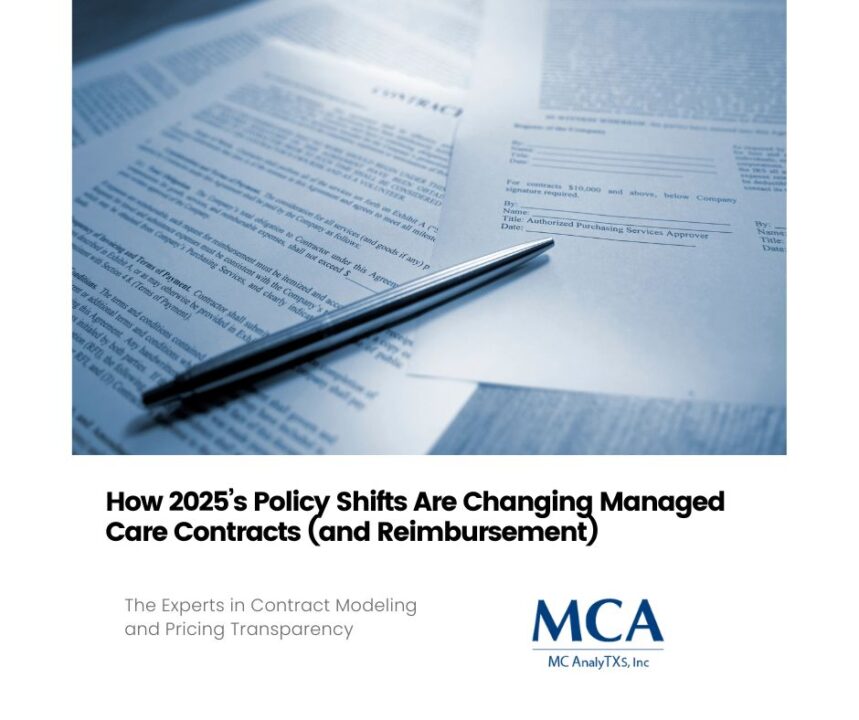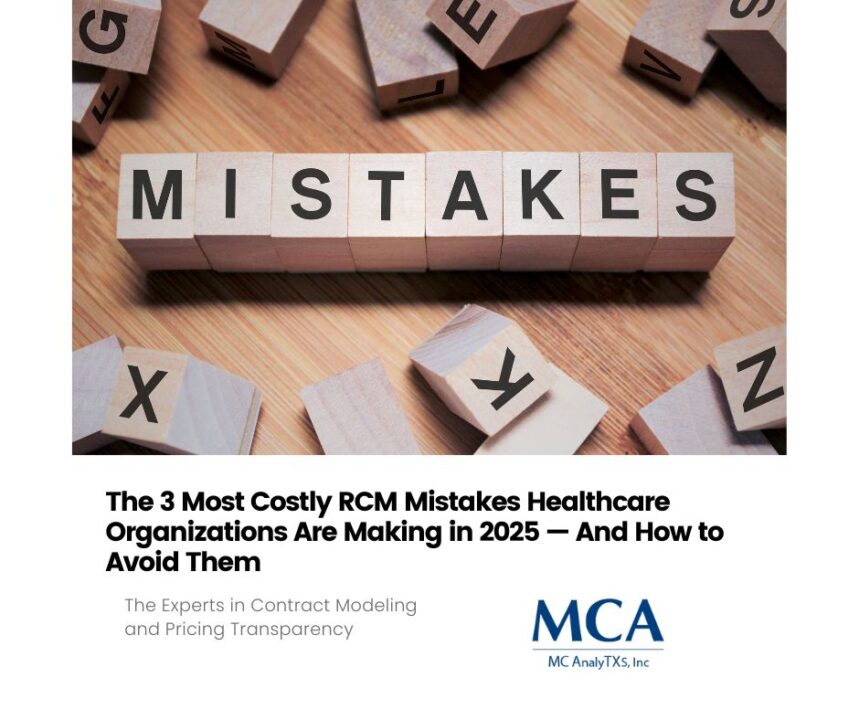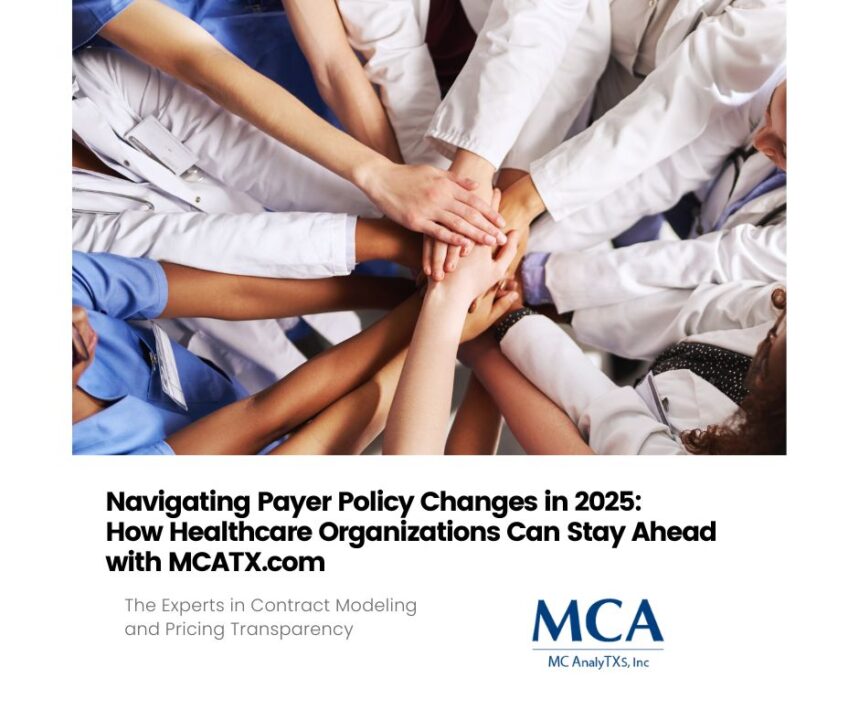
Driving Continuous Improvement in Revenue Cycle Management
April 5, 2023
Why Execution and Prioritization are Key Concerns for Healthcare CFOs
April 18, 2023The healthcare industry has undergone a significant transformation over the years as a result of technological advances, demographic and social changes, and healthcare policies. As we look ahead to the future, healthcare organizations need to understand and adapt to emerging trends that are shaping the industry.
In this blog post, we’ll explore the top five healthcare trends that CEOs, CFOs, and VPs should be watching for in 2023.
Virtual Care
The COVID-19 pandemic has accelerated the adoption of virtual care, and it’s not going away anytime soon. Patients have become comfortable with telemedicine, and healthcare providers have realized its benefits. Virtual care has improved patient access and convenience, reduced healthcare costs, and provided physicians a more effective way to monitor chronic diseases. In 2023, healthcare organizations will need to invest in telehealth infrastructure, secure data exchange, and cybersecurity to ensure patient privacy, improve patient outcomes, and reduce healthcare costs.
Artificial Intelligence
Artificial intelligence (AI) transforms the healthcare industry by providing insights into patient data, predicting diseases, improving diagnosis accuracy, and optimizing treatment plans.
AI has the potential to reduce medical errors, personalize medicine, and increase efficiencies. In 2023, AI will become more integrated into clinical workflows, electronic health records (EHRs), medical imaging, and drug discovery.
Wearable Technology
Wearable technology has the potential to revolutionize how patients monitor their health and how healthcare providers deliver care. Wearable devices can track patients’ vital signs, activity levels, and sleep patterns, and provide real-time data to physicians. Wearable technology has the potential to increase patient engagement, reduce healthcare costs, and improve patient outcomes. In 2023, healthcare organizations will need to align their strategies to embrace patient-generated health data (PGHD) and wearable technology and leverage the data to improve patient outcomes and reduce healthcare costs.
Precision Medicine
Precision medicine is a new approach to healthcare that involves tailoring medical treatment to an individual patient’s characteristics, such as genetics, lifestyle, environment, and behavior. Precision Medicine has the potential to improve diagnosis accuracy, reduce side effects, and increase treatment effectiveness. In 2023, healthcare organizations will need to invest in genomics and personalized medicine, collaborate with stakeholders, and integrate precision medicine into clinical workflows and EHRs to leverage its full potential.
Blockchain
Blockchain technology has the potential to transform how healthcare organizations store, manage and share patient data securely. Blockchain technology strengthens data security and protects against data breaches, reduces fraud risks, and increases transparency. In 2023, healthcare organizations will need to leverage blockchain technology to ensure secure data exchange, and patient privacy, and improve data accuracy across multiple providers.
Conclusion:
As we move further into the future, healthcare organizations must understand, embrace and adapt to the new realities of patient care. Virtual Care, Artificial Intelligence, Wearable Technology, Precision Medicine, and Blockchain are just some of the healthcare trends that are shaping the healthcare landscape.
By investing in these trends, healthcare organizations can leverage the full potential of technology to improve patient outcomes, reduce healthcare costs, and provide better patient care.





